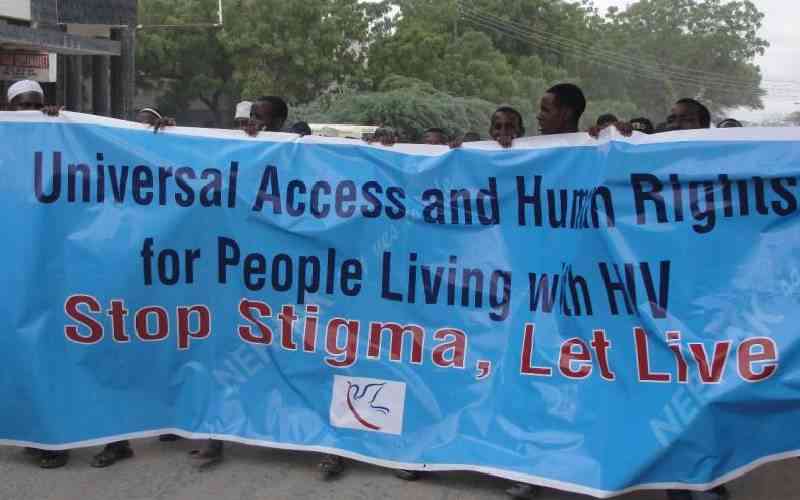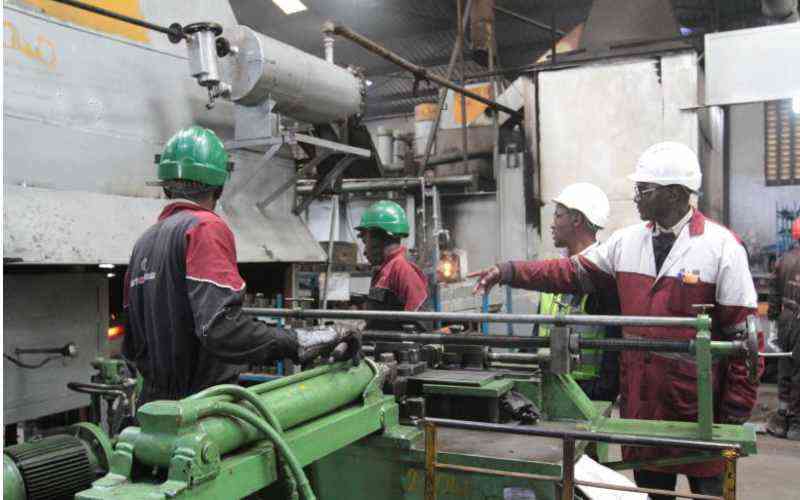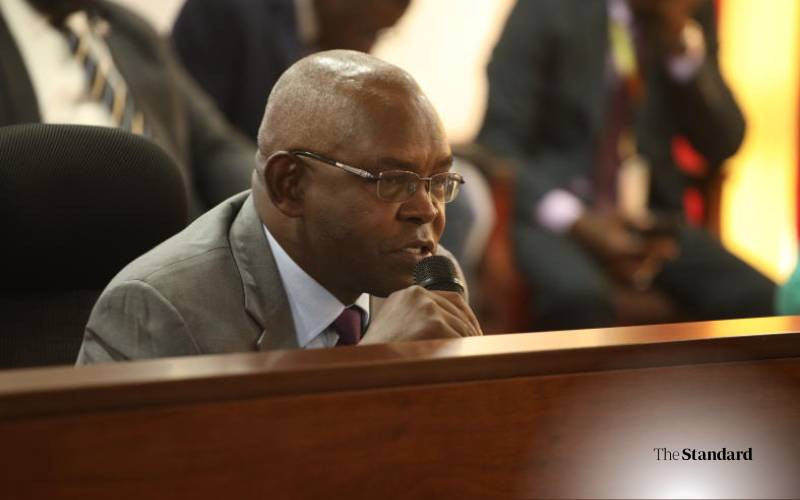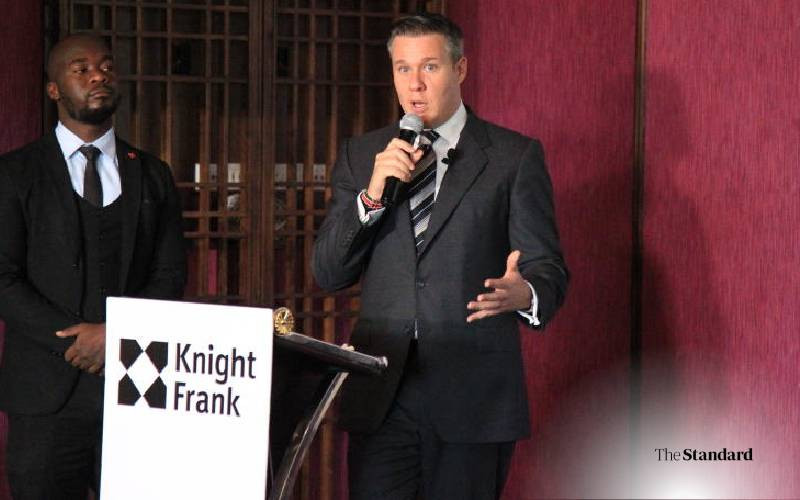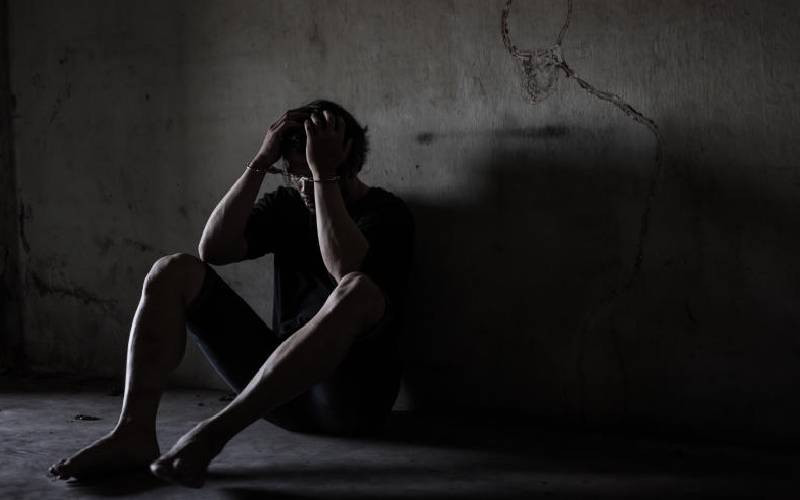
May is Mental Health Awareness Month, providing us with an opportunity to discuss mental illness openly and candidly. More than any other illnesses, mental conditions are looked upon with the most stigma, even though many people are struggling in one form or another. Rising levels of stress and anxiety, owing to the current living conditions of our societies, means that more people are suffering than ever, making it vital that we take mental health more seriously.
The need to have a Mental Health Awareness Month is couched in the overwhelming stigma that exists around mental illness. Stigma is a great barrier to seeking help, leaving many suffering with conditions that can be treated or managed. Sadly, many people opt to suffer in silence for fear of being judged or ridiculed, and this suffering in silence and isolation is what in many cases results in the suicides that are rising daily across the world.
Men, in particular, suffer the most as a patriarchal upbringing prioritises stoicism and a belief that men should not show emotions. As a consequence, men have significantly higher numbers of suicide than women as, even though both sexes attempt suicide at equal frequency, men utilise more lethal means.
How does the State handle attempted suicide? Currently, it demonises it, with those who fail to complete suicide being guilty of a felony under the Penal Code. Rather than being provided with the help one needs, the State, and society, views one as a criminal for not being able to withstand the rigours of life. Even the language that we use betrays our stigma, with the completion of suicide being termed as “commission”, meaning that one would be seen to “commit suicide” as one is seen to “commit a crime”. Understanding the implicit stigma that we have against those who are mentally ill, often to the point of dismissing the possibility of any mental illness within ourselves, would create room for us to begin to handle mental health differently and promote healing.
Above all, there is need to understand that many mental conditions are systemic. Statistics show that nearly all adolescents are dealing with depression on some level. This information should be cause for alarm as it shows that conditions are worsening from one generation to the next. The youth are inheriting a world that is dying as adults refuse to tackle the growing threat of climate change. They are also aware that they will grow into a society that has economic conditions that will be impossible to live under, and that they will struggle to find employment and likely never own their own homes.
Amidst these dark realities, community building is not encouraged, and individualism under a capitalist system is instead promoted. The youths are taught to pull themselves up by the bootstraps, and that nobody owes them anything. A lack of community support will worsen anyone’s mental state.
As the custodians of the society currently, it behooves us to improve these conditions for the youth so that they can be able to live better than they are living currently. This means dismantling the system entirely and reworking it to make it people-centered rather than prioritising profit. It would also mean placing greater emphasis on protecting the environment. World leaders meet every year to discuss putting an end to climate change, and every year the exercise is one of paying lip service more than anything else. If we care for our children and their future, then we must demand more for them.
Even as we work to dismantle systems, we must also work to normalise mental illness. Improving the world will not make mental illnesses disappear. Before we work on anything else, we can all work on our language first, being careful about the words that we use, and speaking about illnesses of the mind the same way we would talk about diabetes or cancer.
Ms Gitahi is an international lawyer
 The Standard Group Plc is a
multi-media organization with investments in media platforms spanning newspaper
print operations, television, radio broadcasting, digital and online services. The
Standard Group is recognized as a leading multi-media house in Kenya with a key
influence in matters of national and international interest.
The Standard Group Plc is a
multi-media organization with investments in media platforms spanning newspaper
print operations, television, radio broadcasting, digital and online services. The
Standard Group is recognized as a leading multi-media house in Kenya with a key
influence in matters of national and international interest.
 The Standard Group Plc is a
multi-media organization with investments in media platforms spanning newspaper
print operations, television, radio broadcasting, digital and online services. The
Standard Group is recognized as a leading multi-media house in Kenya with a key
influence in matters of national and international interest.
The Standard Group Plc is a
multi-media organization with investments in media platforms spanning newspaper
print operations, television, radio broadcasting, digital and online services. The
Standard Group is recognized as a leading multi-media house in Kenya with a key
influence in matters of national and international interest.



